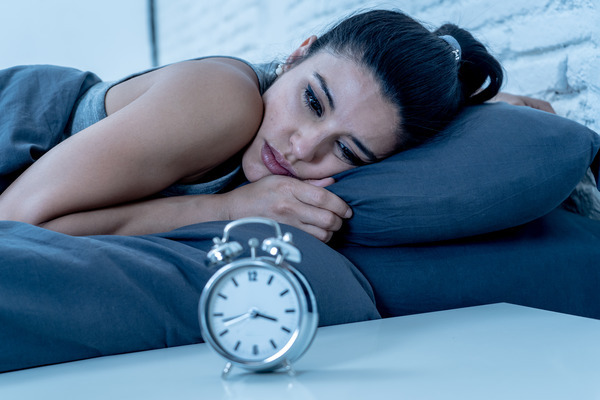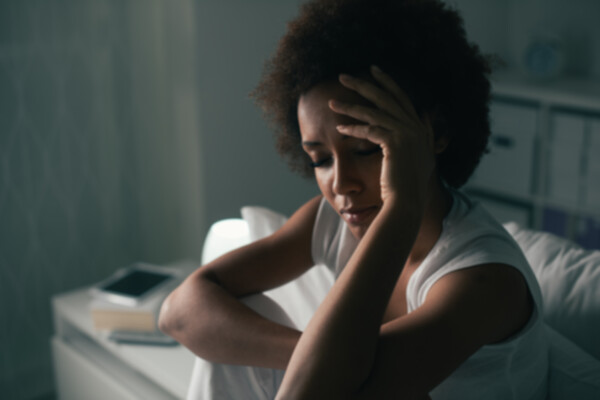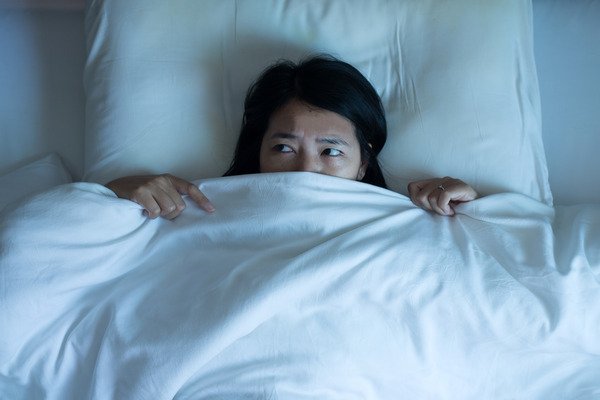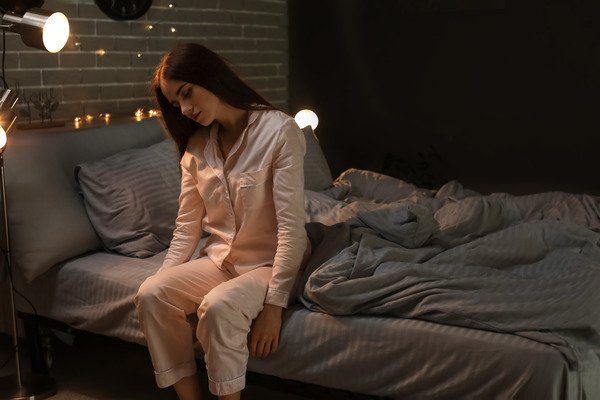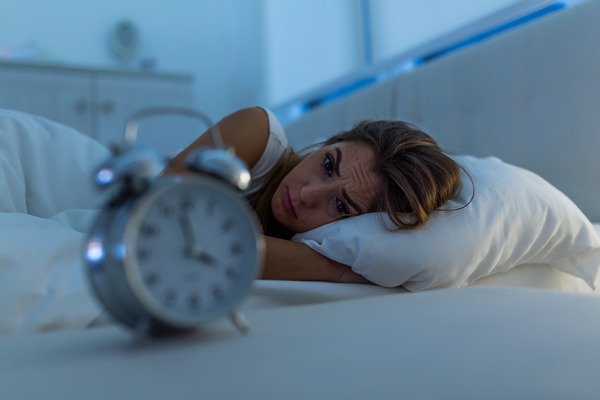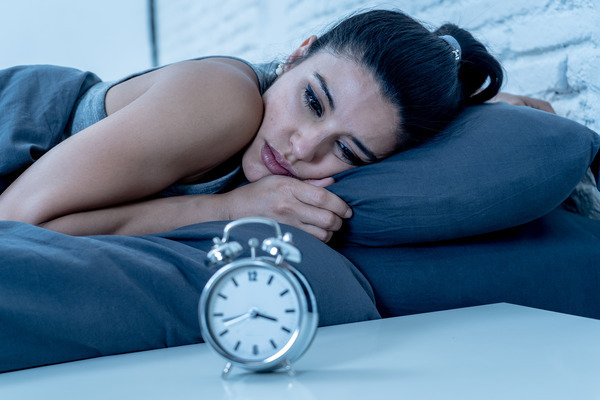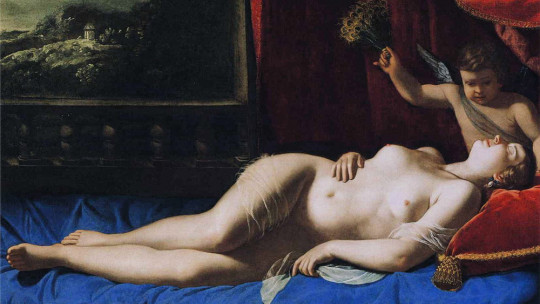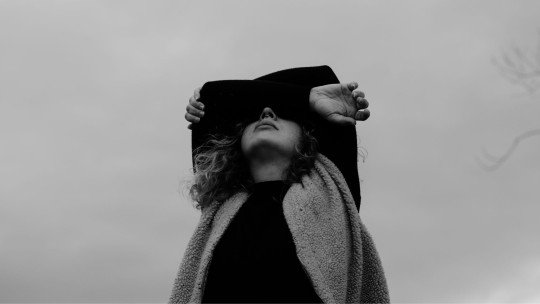Do you moan or act ‘strange’ while sleeping? Perhaps you suffer from parasomnia, a sleep disorder that is more common than you think. Discover the most common types of parasomnias.
The parasomnias They are sleep disorders that are characterized by causing abnormal behavior while sleeping. Parasomnia can happen during any of the stages of our sleep and is usually synonymous with doing unusual things during our rest.
In the vast majority of cases, people do not remember what they have done during parasomnias but it is important to detect them, since they can be a sign that we suffer from a problem in our mental health.
What are parasomnias? Parasomnia and its definition
The parasomnia This is a general term used to describe unusual behaviors that people experience before falling asleep, while sleeping, or during the period between sleep and wakefulness.
There are many different types of parasomnias In fact, they tend to vary greatly in their characteristics, severity and frequency. In the vast majority of cases, parasomnia used to be identified as a definitive sign of psychopathology, but current studies have discovered that it may also be related to sleep interruption.
Usually parasomnias They are usually more common in children than in adults, but these types of behaviors can appear at any stage of our lives.
Even though the parasomnias and these types of sleeping behaviors may be a more common condition than it seems, the reality is that they make it very difficult to wake up completely rested because they make our sleep not completely restful. Luckily, as with other sleep disorders, parasomnias are treatable.
Signs of parasomnia
In addition to the unusual behaviors that may be observed during sleep, parasomnia may have other signs. Among the most common are the following.
- Sleep disruption
- Waking up with anxiety
- Sudden awakening
- Experiencing anxiety upon waking up
- Finding unknown cuts on the body
- Having trouble sleeping at night
- Feeling sleepy or tired during the day
If you identify with any of these signs and someone has also told you that you have strange behaviors at night, you may be suffering from parasomnias In these cases, if you think this may be due to a psychological affectation, it is important to consult with a mental health professional.
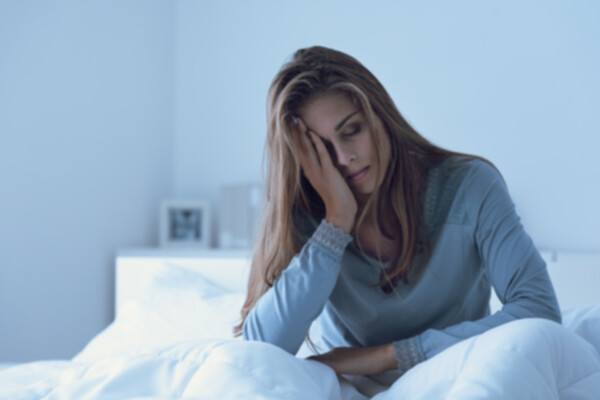
Parasomnias and their types
As we have said, there are different types of parasomnias or ‘strange’ sleeping behaviors. Among the most common, psychologists highlight the following.
- Somnambulism : When a person suffers from this parasomnia He usually walks while he sleeps. This is one of the most common parasomnias and can also cause the person to end up talking in their sleep or carrying out different activities even though they are not awake.
- Talking in dreams: Another of the parasomnias The most common is talking in your sleep, also known as somniloquy. In fact, people who experience this parasomnia can even have complete conversations.
- Sleep-related moans: This parasomnia Known as catathrenia, it involves moaning loudly while falling asleep. Unlike snoring, these moans are not related to breathing problems.
- Nightmares: The nightmares They are disturbing dreams that cause anxiety upon waking up. They usually occur during the REM phase of the sleep cycle, since this is where we begin to dream.
- Night terrors: A night terror causes people to have a sudden awakening and feel completely terrified. Unlike nightmares, night terrors They generally involve little or no dream activity. Although this parasomnia is very common in children, night terrors in adults also occur.
- Enuresis: This is one of the childhood parasomnias more common. It consists of involuntarily urinating the bed during sleep.
- confusional excitement : It occurs when a person wakes up in a very confused state. In fact, during this parasomnia the person usually has problems understanding where they are and what is happening around them.
- grinding teeth : Bruxism is a parasomnia where the person clenches or grinds their teeth while sleeping.
- Sleep-related eating disorder : People who experience these parasomnias They tend to eat and drink excessively during REM sleep. In fact, they may be aware of it. In these cases, the person can eat and drink very quickly, as well as consume even foods that are toxic to their health (such as raw meat).
- REM sleep behavior disorder : In this parasomnia , the person usually has very vivid dreams and usually moves as if they were living them in reality. Unlike sleepwalking, the person can easily wake up and remember the dream that was causing them.
- Sexsomnia : People with these parasomnias They often engage in sexual behavior while sleeping. Sexsomnia can cause a lot of confusion in the person who suffers from it because they do not remember what they have done, even though they can be accused of very serious acts.
- exploding head syndrome : During this parasomnia the person usually experiences a very loud and sudden noise in their head just before falling asleep or when waking up.
- Sleep-related hallucinations : A hallucination is seeing, feeling, or hearing something that is really only in your head. This can occur when falling asleep or waking up.
These are some of the most common parasomnias that a person can experience. On some occasions, a parasomnia does not cause havoc in those who suffer from it, but in other cases it can lead to certain attitudes or behaviors that affect health or relationships.
Why does a parasomnia occur?
There are many possible causes for a parasomnia In fact, in many cases, parasomnias are related to an impact on our mental health. Among the most common causes are usually the following.
- Stress
- Anxiety
- Depression
- Post-traumatic stress disorder
- Drug addiction or alcoholism
- Irregular sleep schedules
- Insomnia
- sleep deprivation
- Neurological conditions, such as Parkinson’s disease
Childhood parasomnias
As we have highlighted, parasomnia It usually affects children more than adults. This is because it is more common for children to have undiagnosed neurological or psychiatric conditions.
In addition to that, childhood parasomnias They also usually occur because their sleep-wake cycle is still immature. That is to say, the boundaries between them are still developing.
In the event that your child suffer from parasomnia It is very common for them to experience more fear at night or to feel distress when waking up because of it. For this reason, it is important to offer them the support they need to be able to face these periods.
Dysomnias and parasomnias
Sometimes people can confuse parasomnias with dyssomnias. The latter actually refer to a series of sleep disturbances that involve experiencing different difficulties in falling asleep or sleeping well.
In both cases, it is advisable to go to a professional psychologist since it is very common for both parasomnias such as dyssomnias are related to an impact on our mental health. Sleeping well is important to feel comfortable with ourselves.

